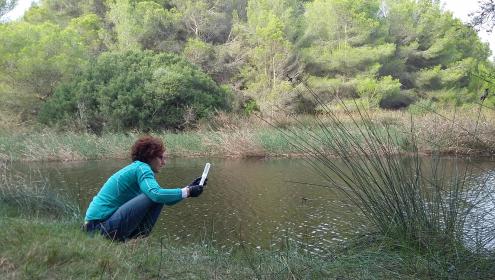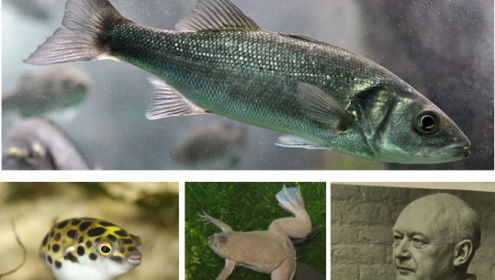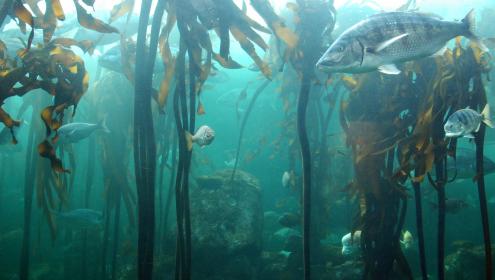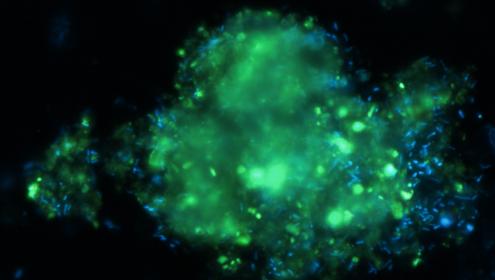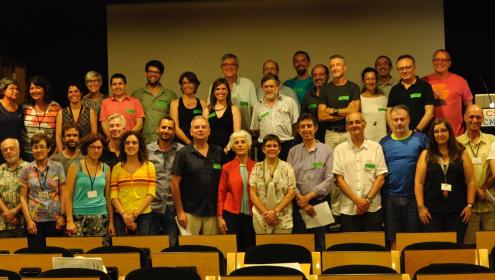LATEST TOPICS
Scientific news
The Raymond L. Lindeman Award honors a young scientist for an outstanding peer-reviewed, English-language paper in the aquatic sciences. The Association for the Sciences of Limnology and Oceanography (ASLO) has awarded Andrea G. Bravo, currently with a “Marie Sklodowska-Curie” post-doc position at the Institute of Marine Sciences (ICM-CSIC), the 2019 Lindeman Award for her paper, “Molecular composition of organic matter controls methylmercury formation in boreal lakes”.
Epigenetics, the study of heritable changes in gene expression that don’t involve changes in the DNA sequence, is an extraordinarily active research field in biology nowadays. Epigenetic modifications integrate environmental and genetic information to give a certain phenotype (the set of characteristics showed by an individual) and can be transmitted from generation to generation, making it possible for characters acquired by environmental influence to be inherited and passed on to the descendants.
From 8th to 13th of July takes place the sixth edition of the "Ramon Margalef Summer Colloquia", organized by the Institute of Marine Sciences (ICM-CSIC) and the Catalan Association of Oceanographers and Oceanographers (ACOIO). Since its first edition in 2013, it gathers each summer young researchers and experts to exchange ideas on the advances in ecological research.
Tropical oceans teem with the dazzle and flash of colorful reef fishes and contain far more species than the cold ocean waters found at high latitudes. This well-known “latitudinal diversity gradient” is one of the most famous patterns in biology, and scientists have puzzled over its causes for more than 200 years.
Most of sea life is on the illuminated surface (first 200 meters), while the deep ocean (up to 4,000 meters deep) is almost empty. A study led by the Institute of Marine Science (ICM-CSIC) has found that, despite the differences between these regions, the microbial biodiversity of both is intimately connected. The results of the study, which are published in the journal Proceedings of the National Academy of Science (PNAS), help to better understand the functioning of the planet and the great dispersal capacity of microorganisms.
Today, the new Iberian Society of Ecology (SIBECOL) has been constituted, starting with more than two thousand professionals from Spain and Portugal from all areas of ecology in terrestial and water ecosystems. The signature was made this afternoon at the Institut de Ciències de Mar de Barcelona (ICM-CSIC), which host SIBECOL.
